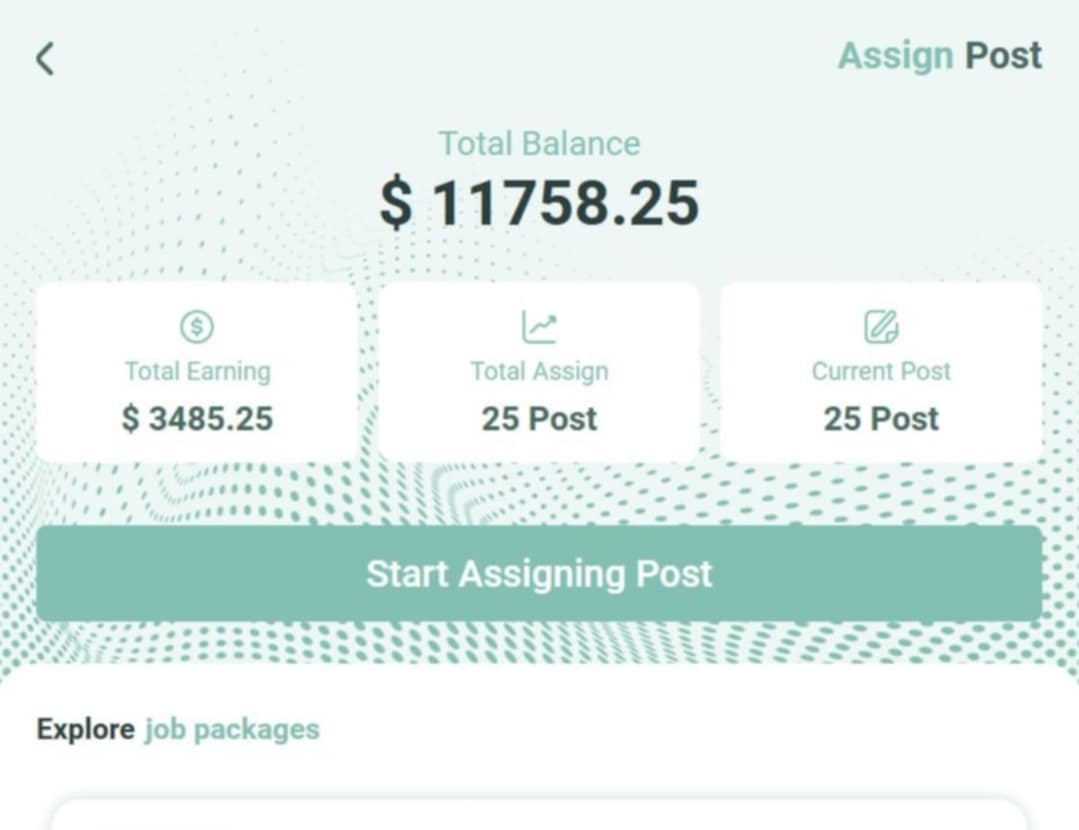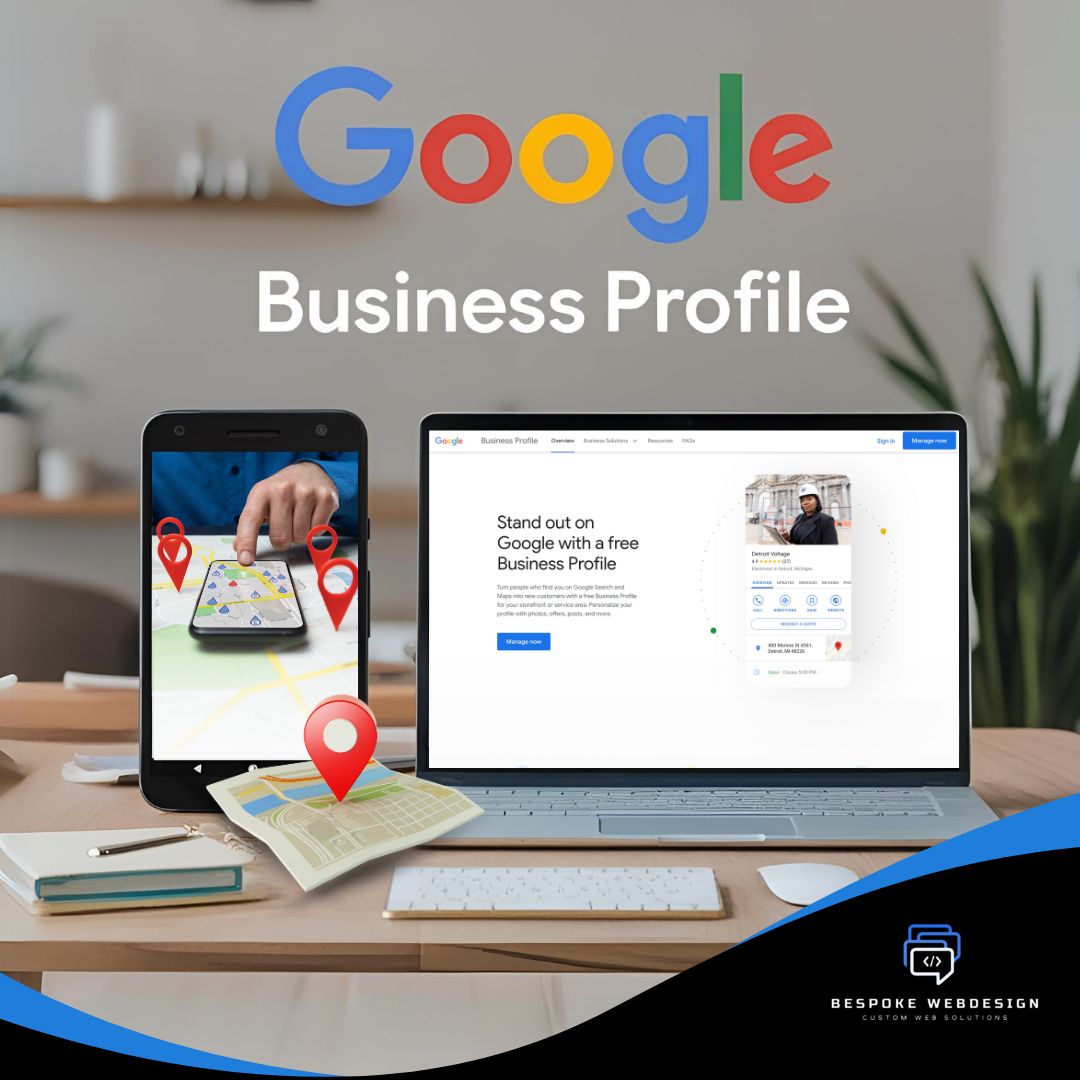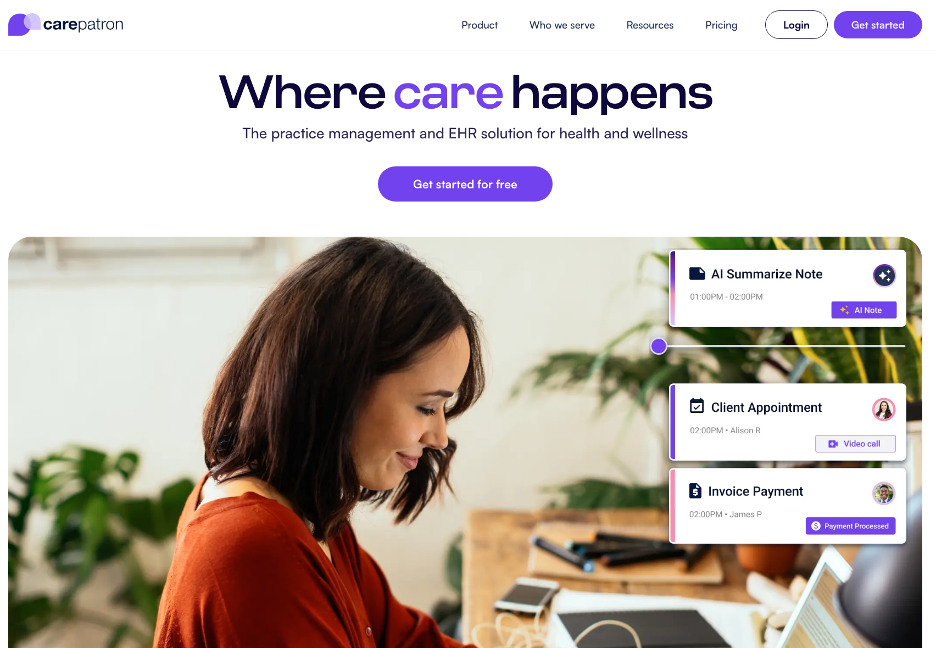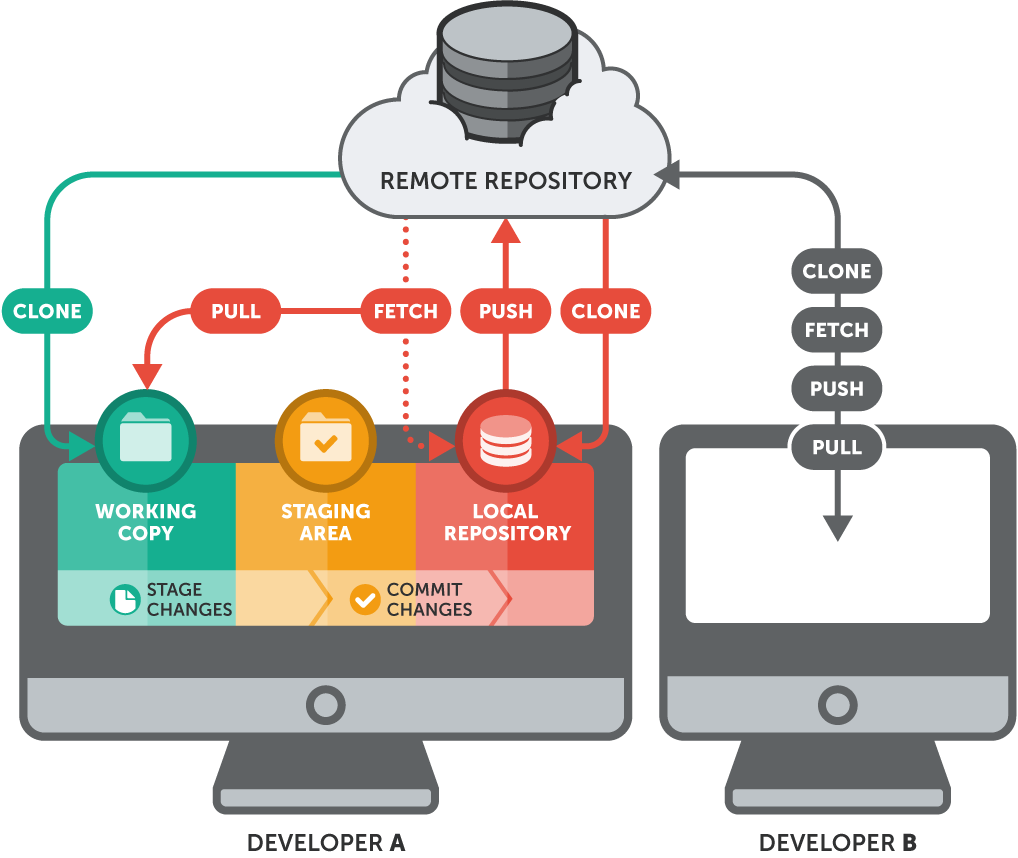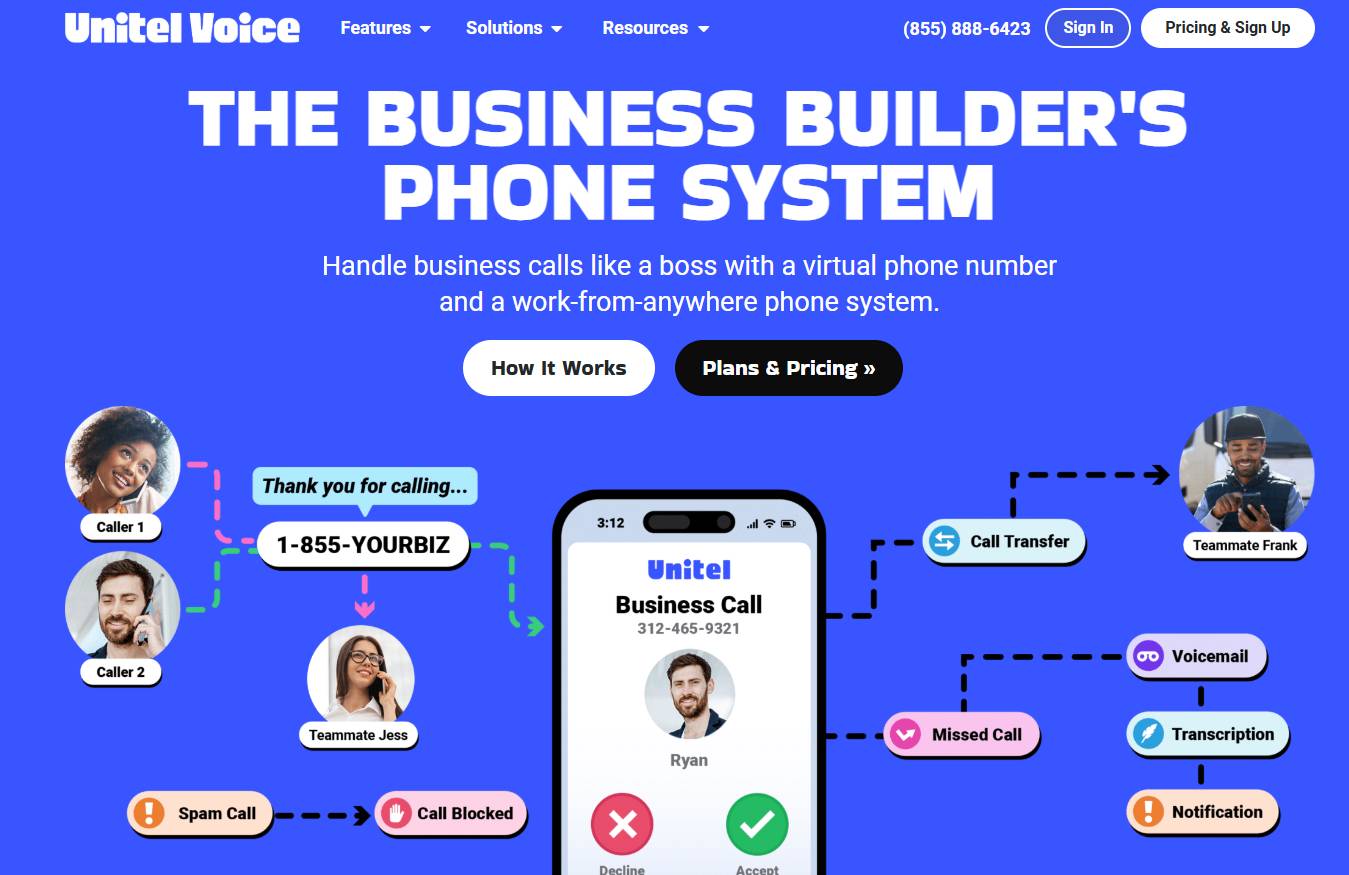
A Story of Caution: The Advanced Fee Scam
Last night, One of my contacts sent me a message in Facebook and shared how he was scammed out of $2,600 by what seemed like a perfect work-from-home job. It started with a job offer posted in a Facebook group for Filipinos, using a profile that looked real and friendly.
The job promised good pay for simple tasks. He applied, got the job fast, and after just one day of training, they even paid him $200. This payment made the job seem legit and built his trust. But after a few days, when he tried to cash out his full pay and a promised bonus, he was told there was a fee he had to pay first. Believing it was just a routine part of the job process, he paid it. That’s when they blocked him, and he never saw his money again.
What Is a Salary Advance Scam?
A salary advance scam tricks you into paying money after receiving an initial payment. In this type of scam, the scammer builds your trust by paying you a small salary for a short period, but then demands a "release fee" or other charges before you can receive your full earnings after a week.
How This Scam Works:
Job Offer
: The scam starts with a job post on Facebook, job sites, or even through email.
Trust Building
: They make the job seem real by paying you a small amount for training or initial work.
The Fee
: When you try to withdraw your full salary, they say you need to pay a fee.
Disappearing Act
: After you pay, they block you, and your money is gone.
Red Flags to Watch For:
Too Good to Be True
: Jobs offering high pay with little effort are suspicious.
Unexpected Fees
: Real jobs do not ask for money to release your pay.
Changing Company Names
: Scammers often switch names and profiles to avoid being caught.
Fake Profiles
: They use pictures and names that look familiar but aren’t real.
Where Scammers Operate:
Facebook Messenger Groups
: Common for posting fake job offers.
Job Sites
: They might show up here too.
Emails
: Be careful with unsolicited job offers in your inbox.
This is the interface that was sent to me. If you see this and have signed up, please log out, block, and delete your contacts—it's a scam.
Real Stories:
Real Stories: This is not an isolated story. Check out these examples.
Tips to Stay Safe:
Research First
: Look up the company on Google, LinkedIn, or Reddit.
Question Sudden Fees
: Real companies don’t make you pay to get paid.
Trust Your Gut
: If something feels off, it probably is.
Quick Safety Checklist:
- Google the company + “scam.”
- Check if the company is active on LinkedIn.
- Look for posts or warnings on Reddit.
- Ask questions in trusted online groups.
- Never pay upfront fees to get your earnings.
No Easy Money
Real jobs take real work. There’s no shortcut to making money, whether you’re working or starting a business. Scammers know people want fast cash and use that to trick them. Stay aware and be cautious.
Here’s a quick checklist for reporting a scam website in Alberta:
Canadian Anti-Fraud Centre (CAFC) Report fraud and scams.
Website:
Phone: 1-888-495-8501
Consumer Protection Alberta Report consumer fraud or misleading businesses.
Website:
Competition Bureau Canada Report deceptive marketing and false advertising.
Website:
Local Police Report if you’ve lost money due to the scam.
- Contact your local police department.
Better Business Bureau (BBB) Report scams to warn others.
Website:
Support Real Businesses
To help people find legitimate businesses, I created yegbusiness.org, a free website where trusted local companies can register. It’s a way for people to know who’s real in the community. For those in Edmonton, I also run Pinoy Yeg Tek, a group sharing job leads and tech tips.
Stay Smart:
Use technology to research job offers, ask questions, and get advice. If a job seems too easy or requires unexpected payments, think twice. Your safety comes first. Stay informed and protect yourself from scams.


